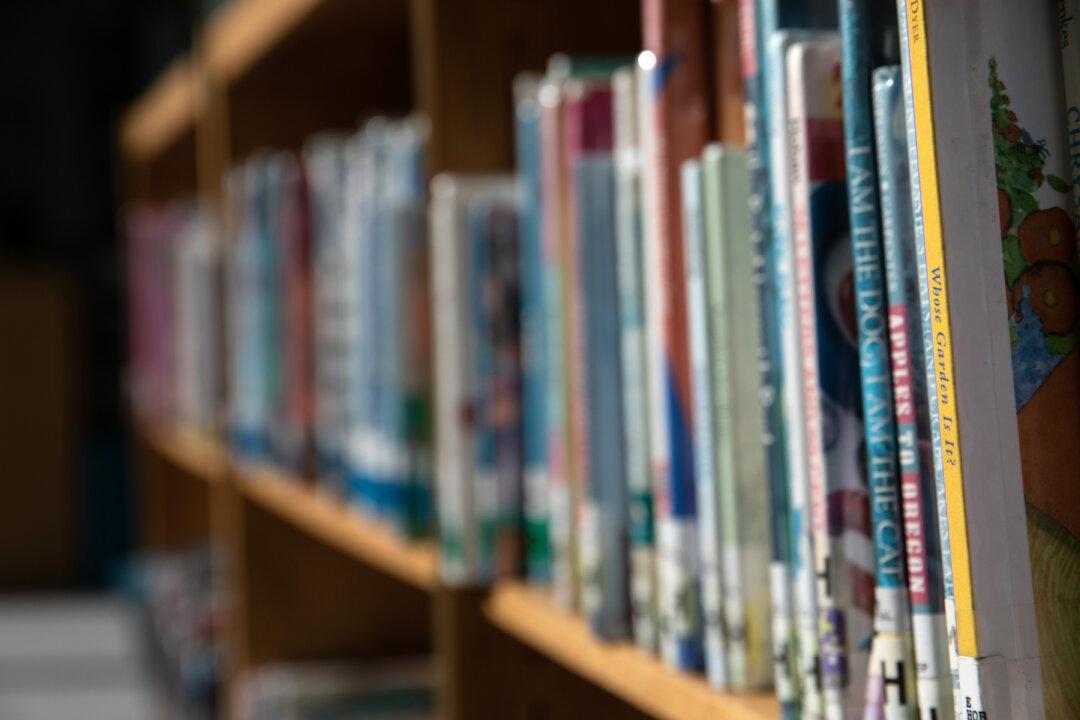Commentary
It is a supreme irony that Ontario’s Peel District School Board should fall victim to “woke” activism of the “cancel culture” persuasion, militancy unrepresentative of Canadian majority opinion.

It is a supreme irony that Ontario’s Peel District School Board should fall victim to “woke” activism of the “cancel culture” persuasion, militancy unrepresentative of Canadian majority opinion.